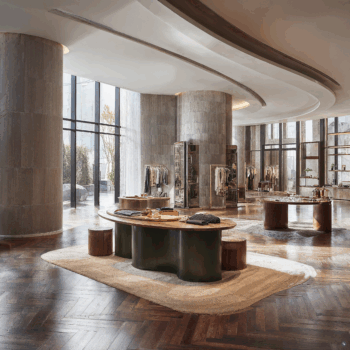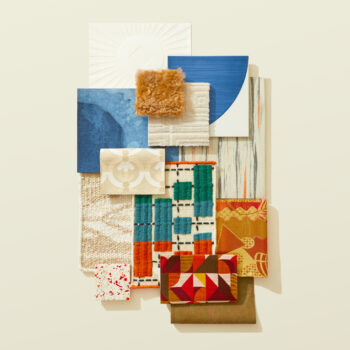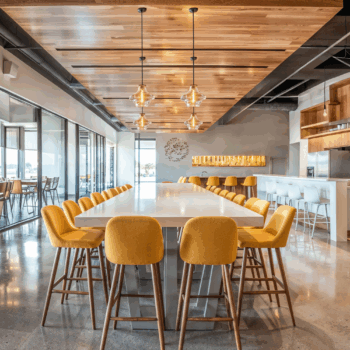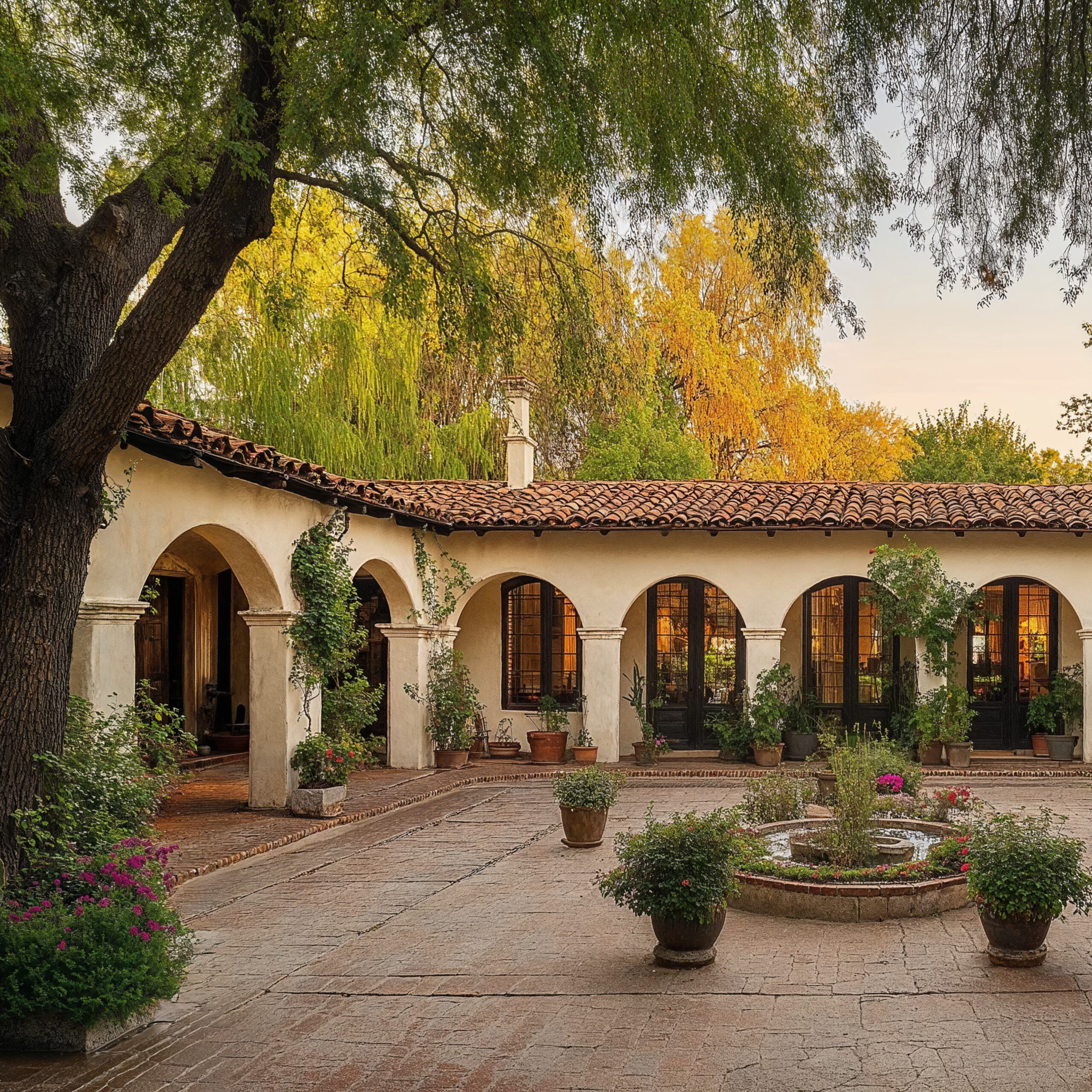
Mexican Hacienda design is a celebration of place, culture, and craft, born from a rich blend of Spanish colonial architecture and Indigenous building traditions. Historically developed for agricultural estates throughout Mexico, haciendas were constructed using regional materials like adobe, stone, and hand-formed clay tile, shaped to withstand heat while inviting in light and air. While haciendas carry a layered historical legacy, today’s interpretations focus on architectural integrity, regional materials, and the celebration of Mexican design traditions through a contemporary lens. The result: homes and communal spaces defined by thick walls, tiled roofs, breezy arcades, and welcoming courtyards that reflect the natural beauty of their surroundings.
Today, this design style continues to inspire contemporary architecture through its material honesty and hospitality-driven layout. Terracotta, stucco, and wood come together with wrought iron, mosaic tile, and sun-washed colors to form warm, expressive environments. Whether in a private home, cultural center, or modern retreat, Mexican Hacienda design remains a timeless approach to building that respects its roots while adapting to the rhythm of modern life.
The Core Principles of Mexican Hacienda Design
1.) Earth-Based Materials
Stucco walls, terracotta tile, and timber beams are fundamental, reflecting regional availability and traditional methods.
2.) Arched Forms and Open Layouts
Arched entryways, colonnades, and open courtyards support ventilation and offer a natural indoor-outdoor flow.
3.) Handcrafted Details
Decorative tilework, hand-forged iron, and carved wood lend an artisanal quality to floors, doors, and structural elements.
4.) Natural Warmth and Texture
Sunbaked colors, textured plaster, and layered materials connect each space to the surrounding environment.
5.) Hospitality-Driven Design
Hacienda architecture encourages gathering, with wide porches, shared spaces, and shaded courtyards built to welcome and connect.
Mexican Hacienda Design in Practice
Restorative Healthcare Settings
Soothing earth tones, courtyards, and tactile finishes promote healing through connection to landscape and material calm.
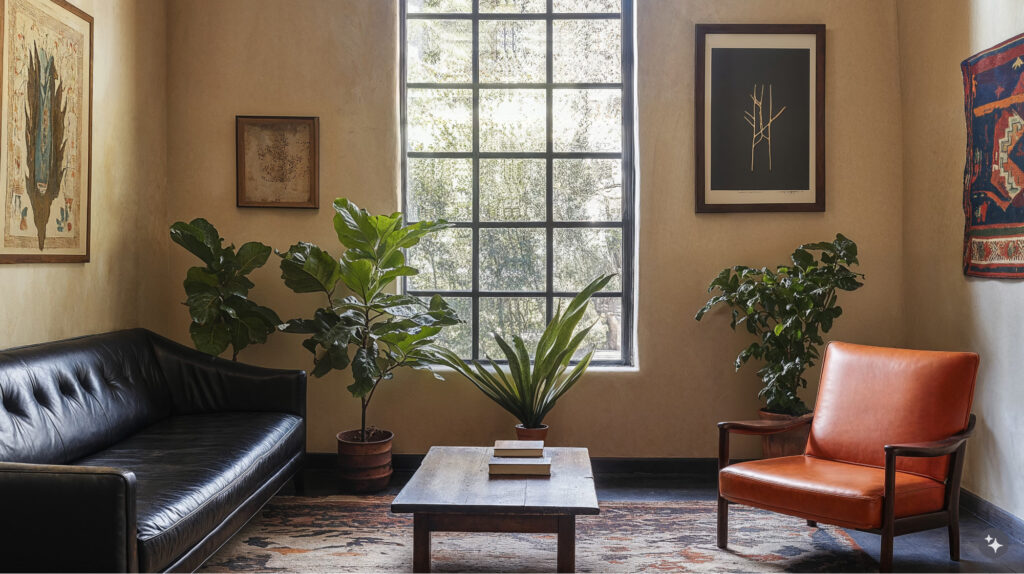
Rooted Workspaces
Workplaces inspired by hacienda style use natural light, handcrafted finishes, and organic forms to encourage focus and creativity.
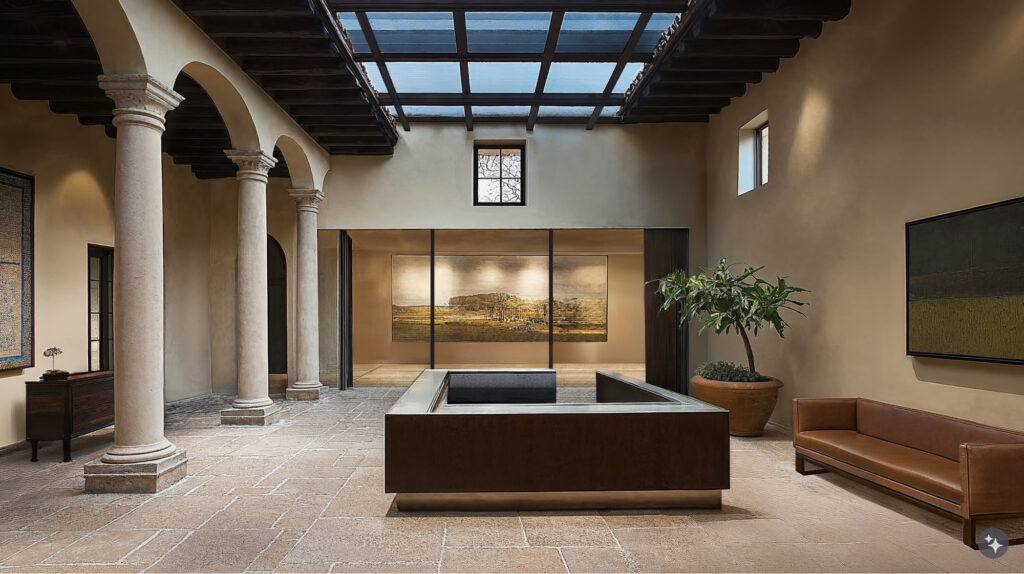
Educational Environments with Cultural Resonance
Textural surfaces and regional detailing create immersive, grounded learning spaces that reflect heritage and intention.
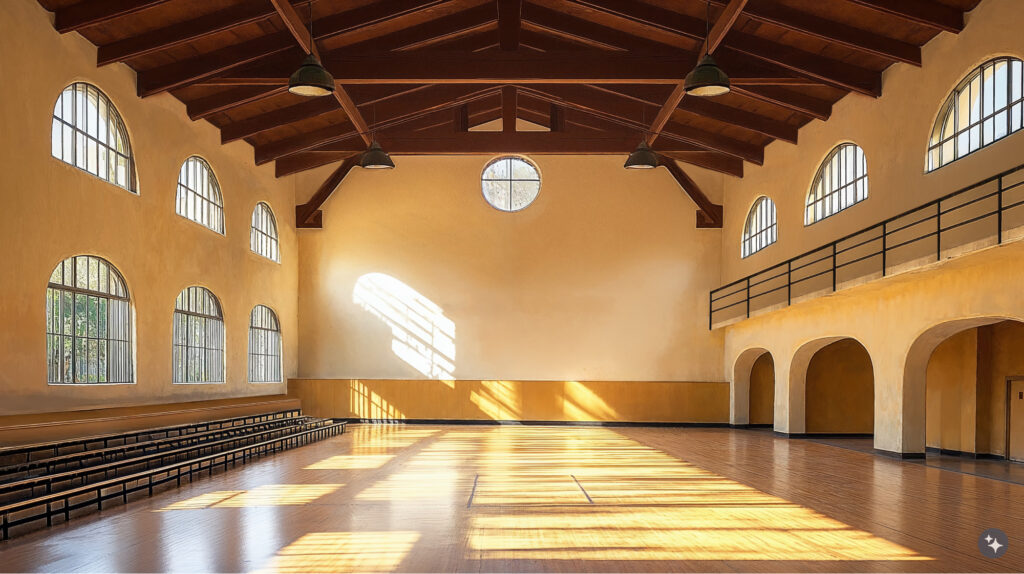
Hospitable Courtyard Retreats
Hotels and guesthouses draw from hacienda traditions through breezy layouts, iron-accented furnishings, and terracotta-paved common areas.
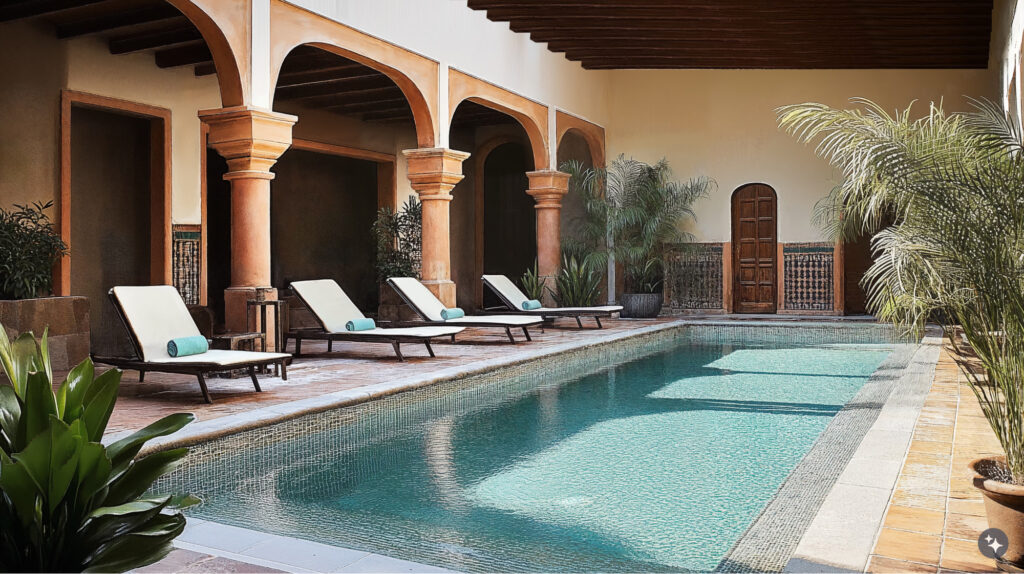
Cultural Institutions Reflecting Place
Museums and community spaces evoke regional identity through arched portals, stucco walls, and clay tile details.
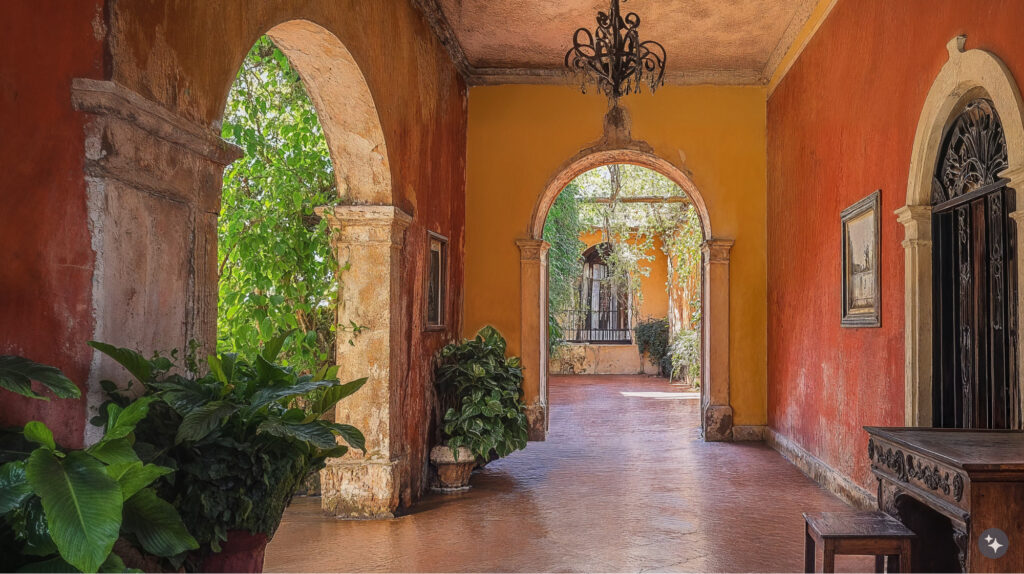
Retail Environments with Regional Warmth
Stores and galleries use hacienda influences—wood shelving, soft light, and hand-tiled surfaces—to create welcoming, grounded spaces.
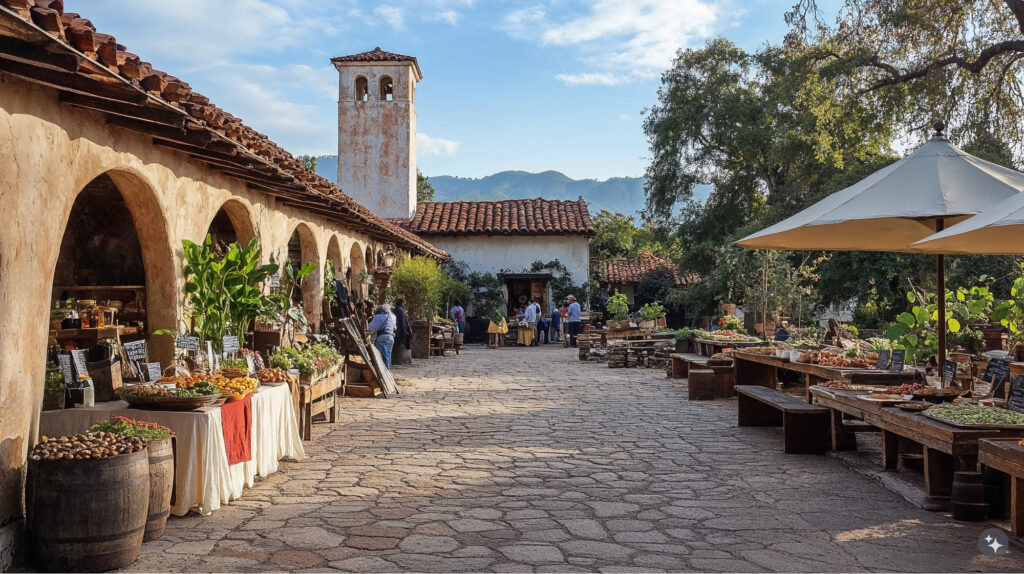
Transit Spaces Offering Comfort
Transportation hubs apply hacienda cues with shaded arcades, material contrast, and gathering zones anchored in durability and warmth.
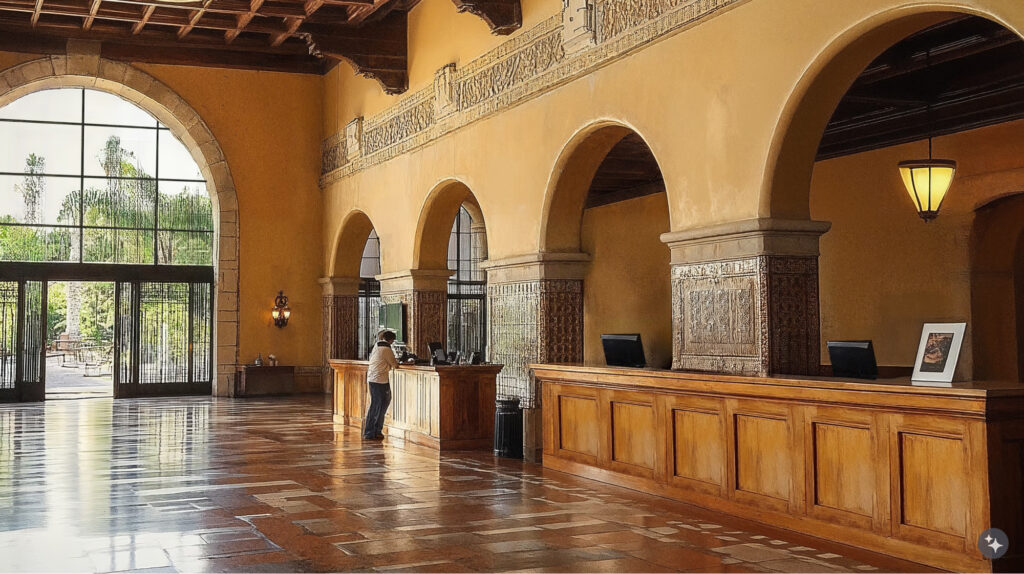
Residential Courtyards and Verandas
Homes celebrate hacienda principles with shaded porches, hand-carved doors, and garden spaces designed for connection and rest.
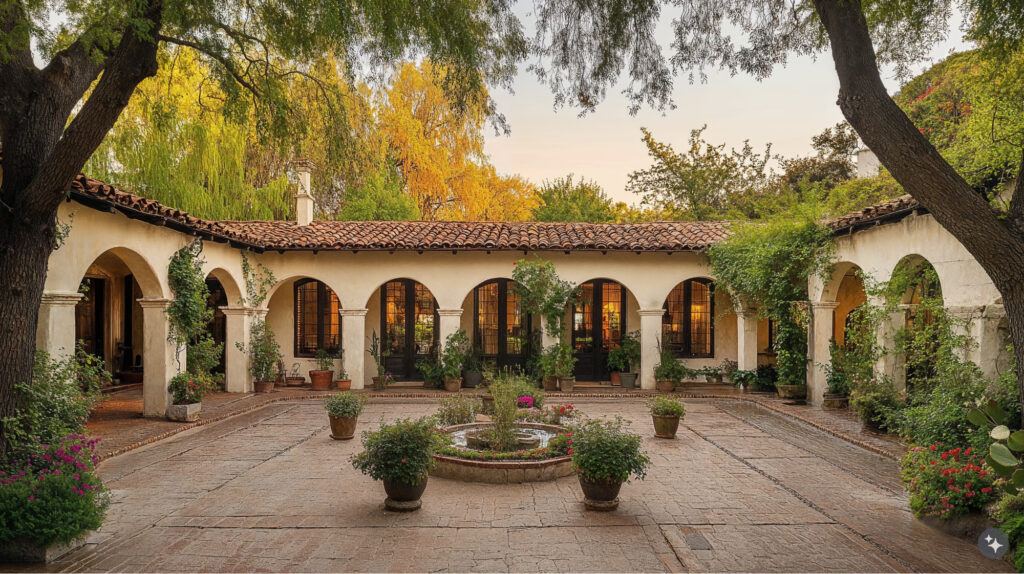
Mexican Hacienda design is more than an aesthetic; it’s a lived experience shaped by craftsmanship, regional identity, and architectural endurance. As designers revisit these principles in today’s homes, workplaces, and cultural spaces, the hacienda continues to offer warmth, hospitality, and a meaningful connection to place.
Looking for something with a more modern touch? Check out our article on Sustainable Storefronts.





